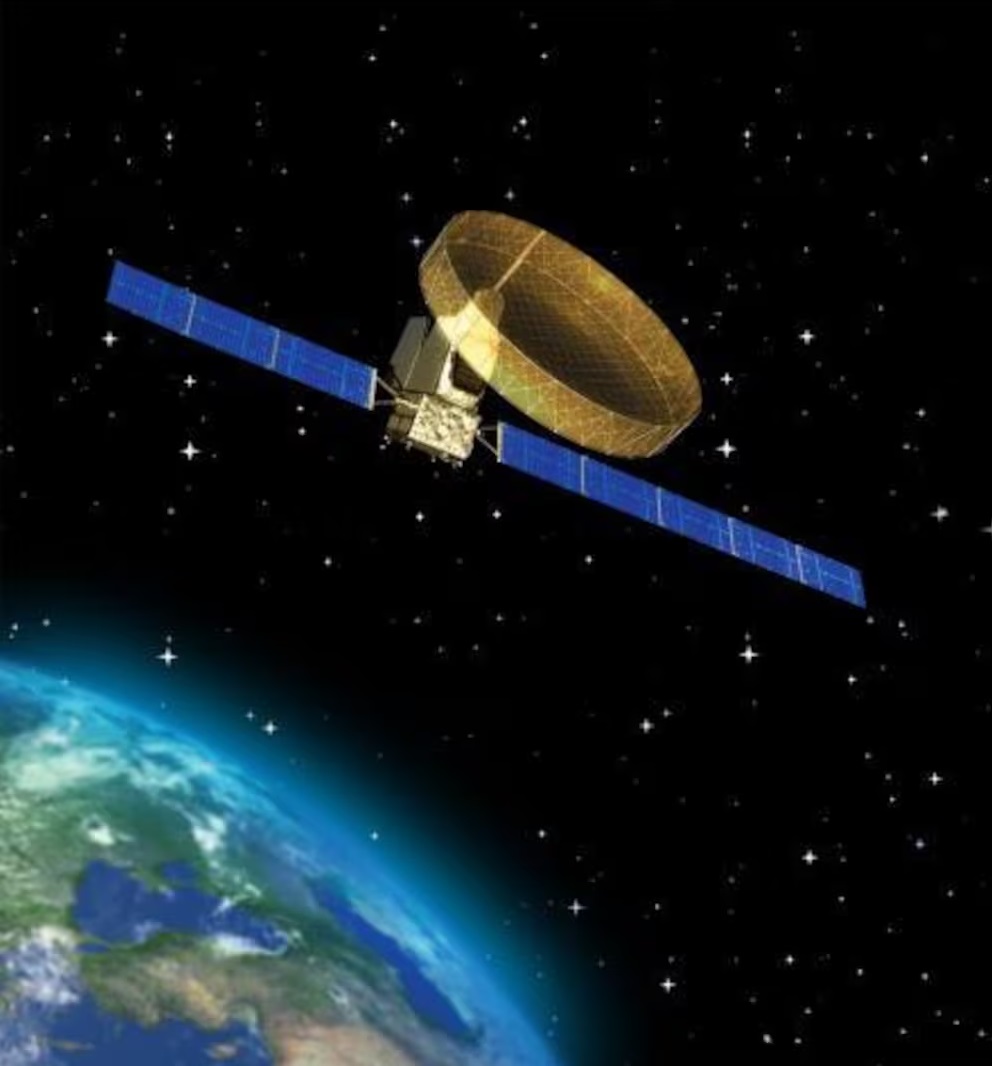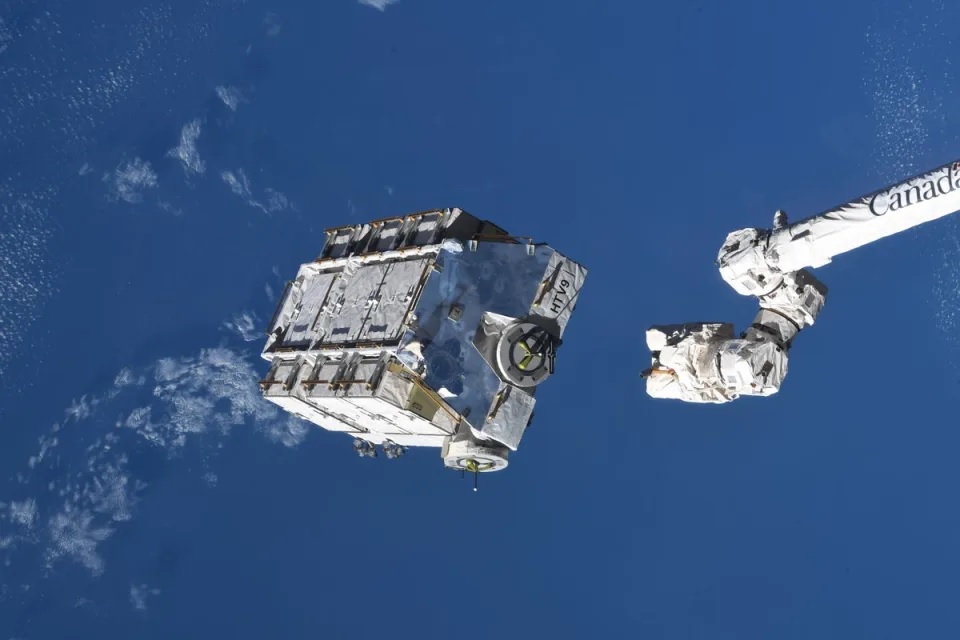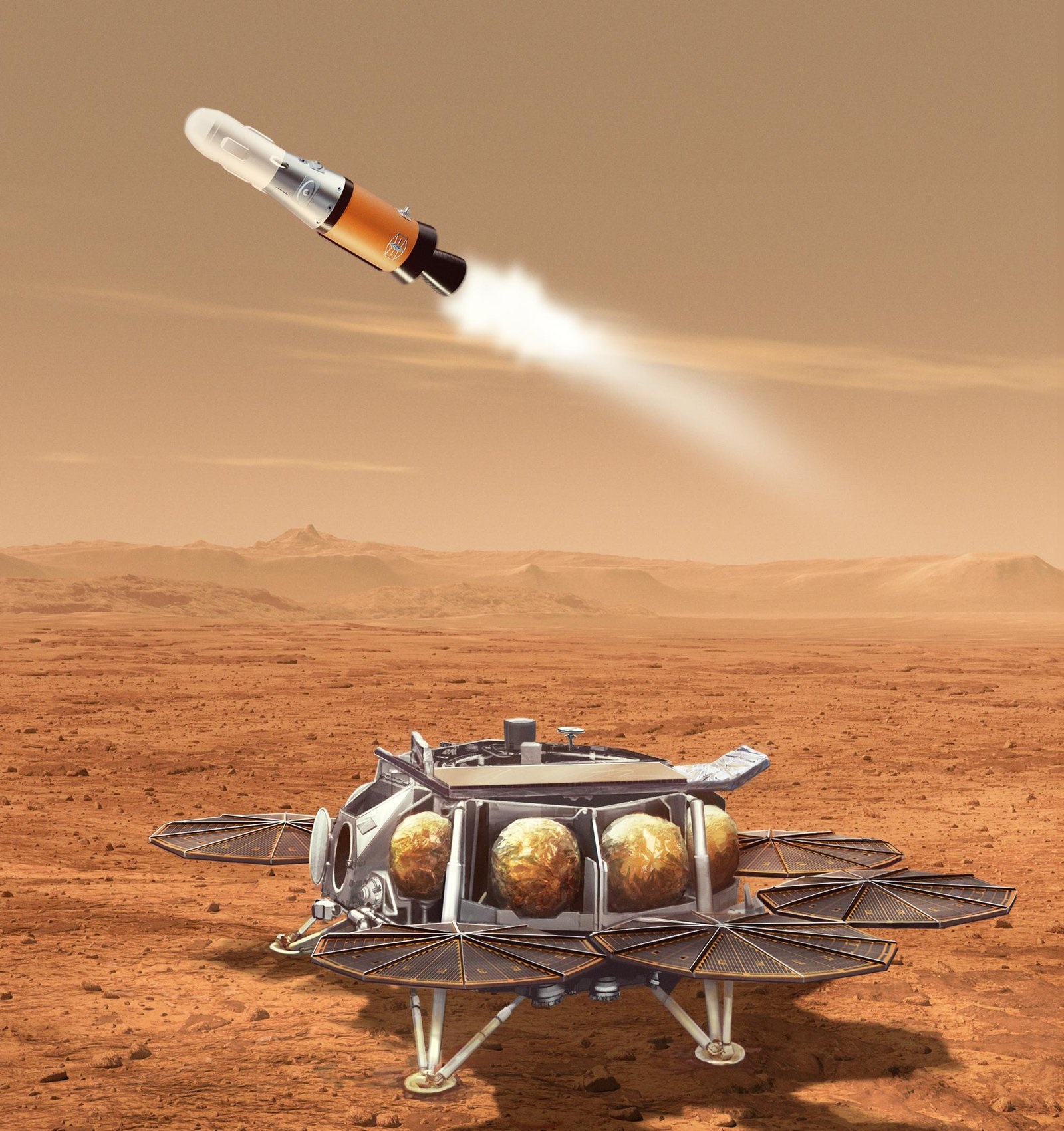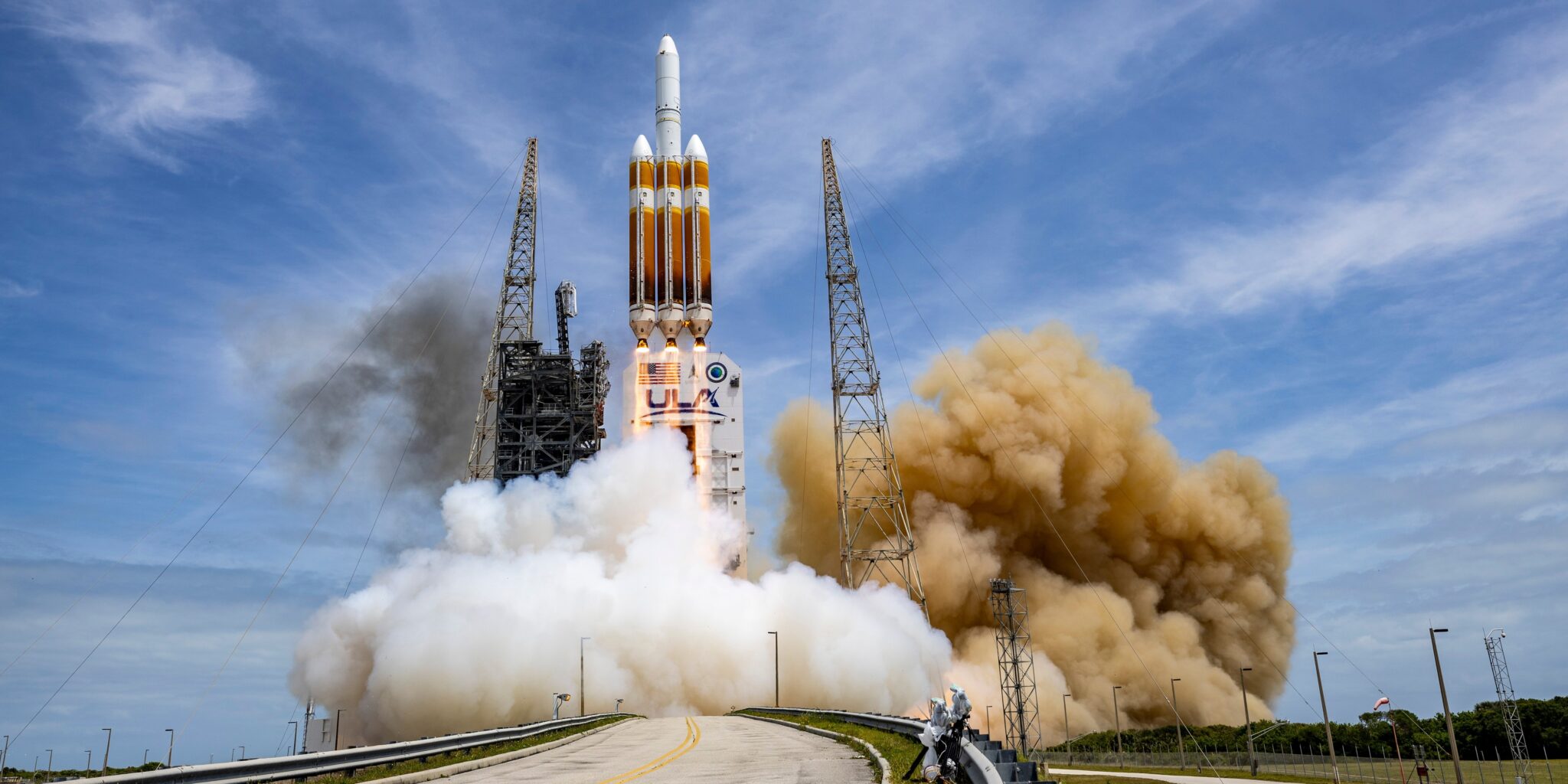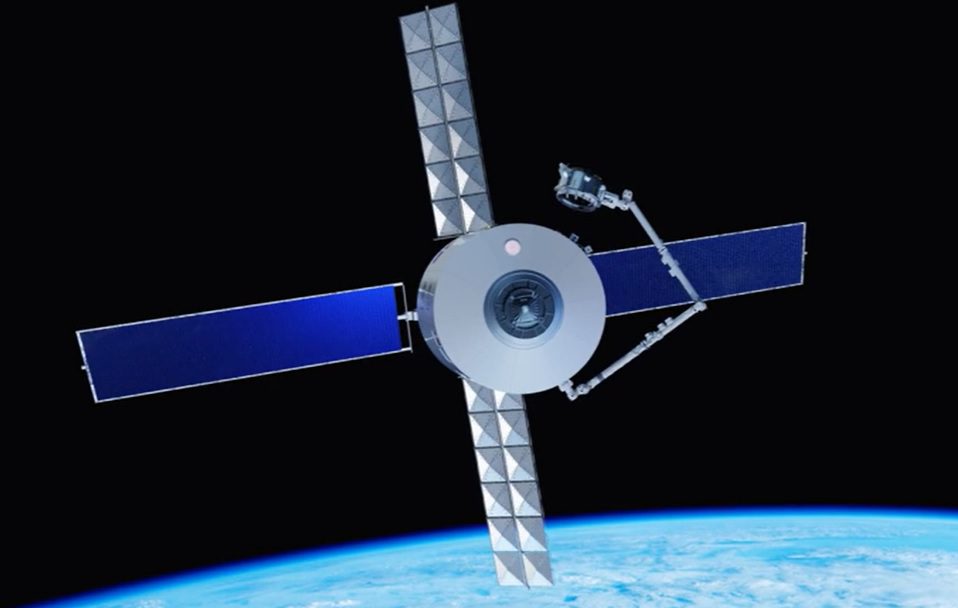Rocket Lab, the US-New Zealand-based small launch provider, has won a two-launch RASR (Rapid Acquisition of a Small Rocket) contract from the US National Reconnaissance Office (NRO). Both launches on Rocket Lab’s Electron rocket will take place from the company’s launch pads, the current LC-1A and the soon-to-be-completed LC-1B at its Mahia Peninsular launch site in New Zealand. Both will take place in April/May of 2021. One launch will follow the other just days apart as a demonstration of quick launch capability.
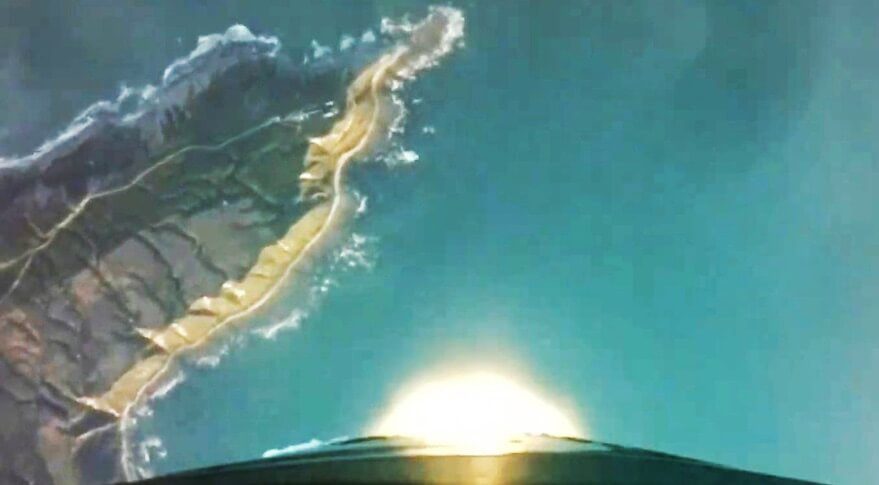
View of Mahia Peninsula in New Zealand launch site where seventh Electron was launched from. Courtesy: Rocket Lab
The announcement was made after a similar RASR contract was used to launch three NRO small spacecraft (along with 10 other satellites) on an Electron flight on 13 June 2020. The next Electron launch is planned for July. Rocket Lab also plans to launch rockets from Wallops Island, Virginia, USA in late 2020.
It is not just small and medium commercial launch vehicles that are signing new business. The Japanese Aerospace Exploration Agency (JAXA) and its Epsilon launch vehicle has been awarded a contract to launch the Vietnamese Earth observation satellite LOTUSat-1.
While small launch vehicles are gaining a share of the small satellite launch business, the big players are keeping their hands in with rideshare service offerings. Spaceflight Inc has signed an agreement with SpaceX to take rideshares on Falcon 9 launches until the end of 2021. Update on 30 June: Following on from that in late June it was announced that Exolaunch had purchased positions on two rideshare Falcon 9 launches for two 6U cubesats built by NanoAvionics, one to be launched in December 2020 and one in 2021.
Nevertheless, while the big rockets can offer flights for multiple individual satellites on ride shares or for large numbers of constellation satellites on dedicated launches, the smaller rockets can sometimes nip in for the replenishments. Relativity Space’s Terran 1 rocket has been awarded a contract to launch six satellites on six “on demand” launches for Iridium as individual fill-in replacements for its 75 satellite constellation, which originally launched on eight Space X Falcon 9 launches. The Terran 1 flights will be from Relativity Space’s planned launch pad at the Vandenberg Air Force Base in California from 2023 onwards.

